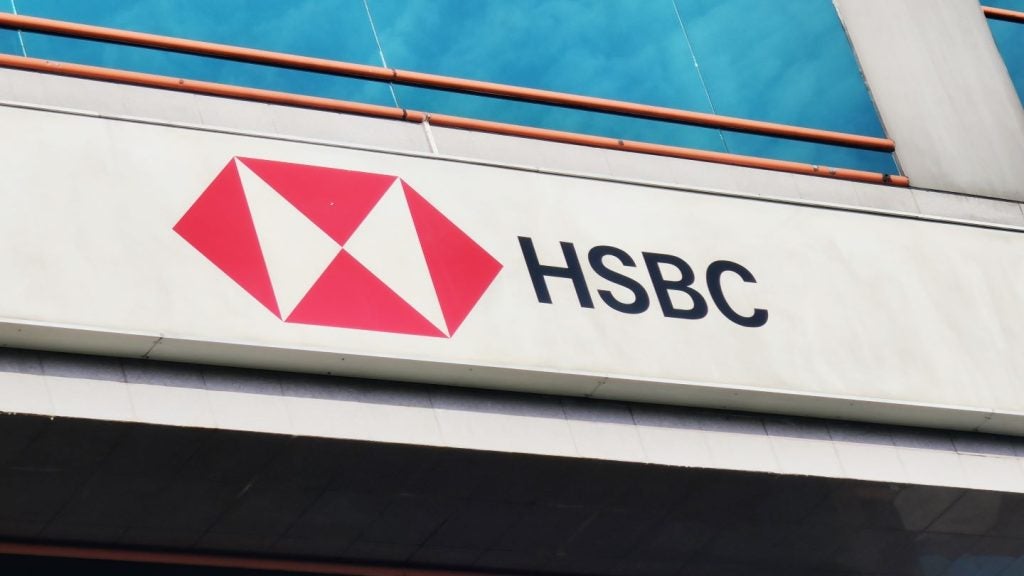
BBVA has launched its fully digital bank in Germany, marking its second such offering in Europe.
The Spanish banking group had earlier operated in Germany through its Corporate & Investment Banking (CIB) arm.

Access deeper industry intelligence
Experience unmatched clarity with a single platform that combines unique data, AI, and human expertise.
The introduction of its digital bank in the country follows a launch in Italy at the end of 2021.
The German proposition offers a checking account with a 3% interest rate for the first year as well as a debit card with 3% cashback on purchases, both free of fees.
BBVA’s digital banking services in Germany include free access to approximately 70,000 ATMs and cash withdrawal points throughout the country, with no charge for withdrawals exceeding €150.
It supports instant SEPA transfers, direct debits, and a digital service for switching accounts, all free of cost.

US Tariffs are shifting - will you react or anticipate?
Don’t let policy changes catch you off guard. Stay proactive with real-time data and expert analysis.
By GlobalDataThe digital bank provides “flexible” financing options, such as the Pay&Plan programme, one-click personal loans and the Dispokredit overdraft facility.
BBVA CEO Onur Genç said: “We’re bringing something new to Germany. A banking experience that combines the simplicity and convenience of a fee-free account, typical of digital actors, with the full range of products, reliability, and trust of a universal bank.”
“We believe German customers are ready for a fresh alternative that’s mobile-first, transparent, and backed by the strength and reputation of a global bank like BBVA.”
BBVA Germany operates under a full banking licence, providing German IBAN accounts that are protected under the European Deposit Protection scheme up to €100,000.
The bank said its digital app has been designed to offer features like card management, “secure” payments, “real-time” updates, and budgeting tools.
BBVA Germany has also introduced payment cards without printed data, featuring a dynamic CVV.
Recently, the bank’s Sabadell acquisition faced a delay as the Spanish government imposed a mandatory three-year waiting period before the two entities can integrate their operations.







